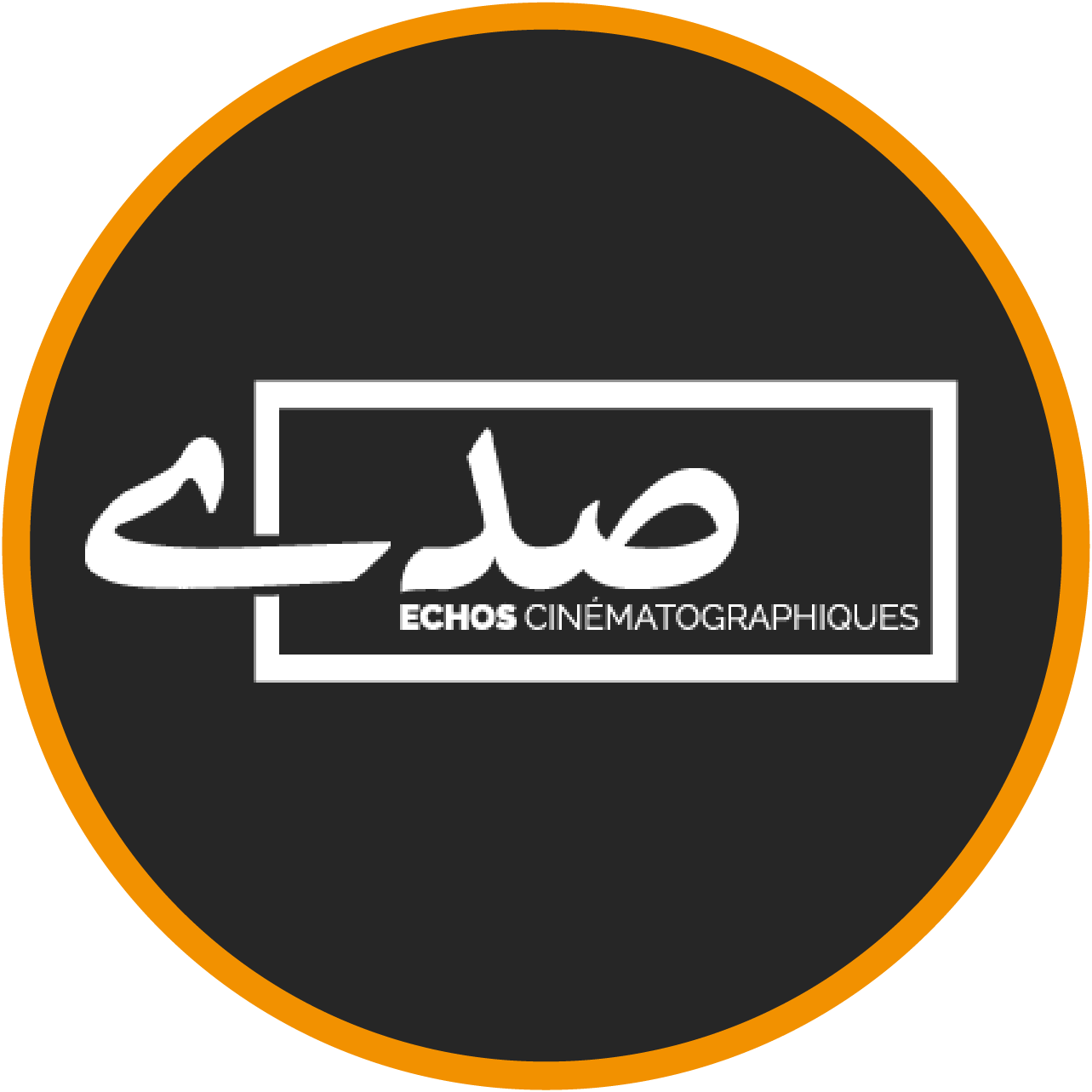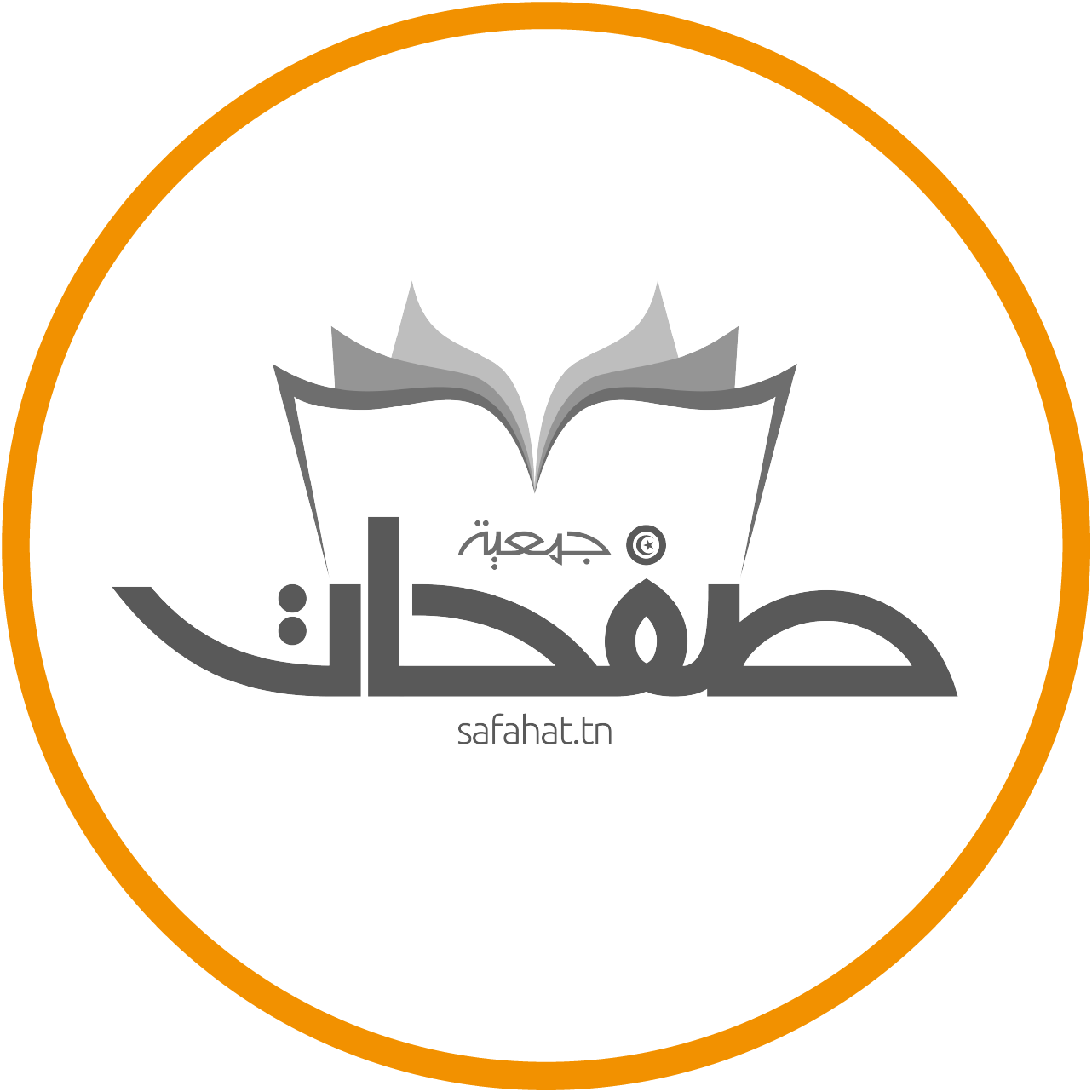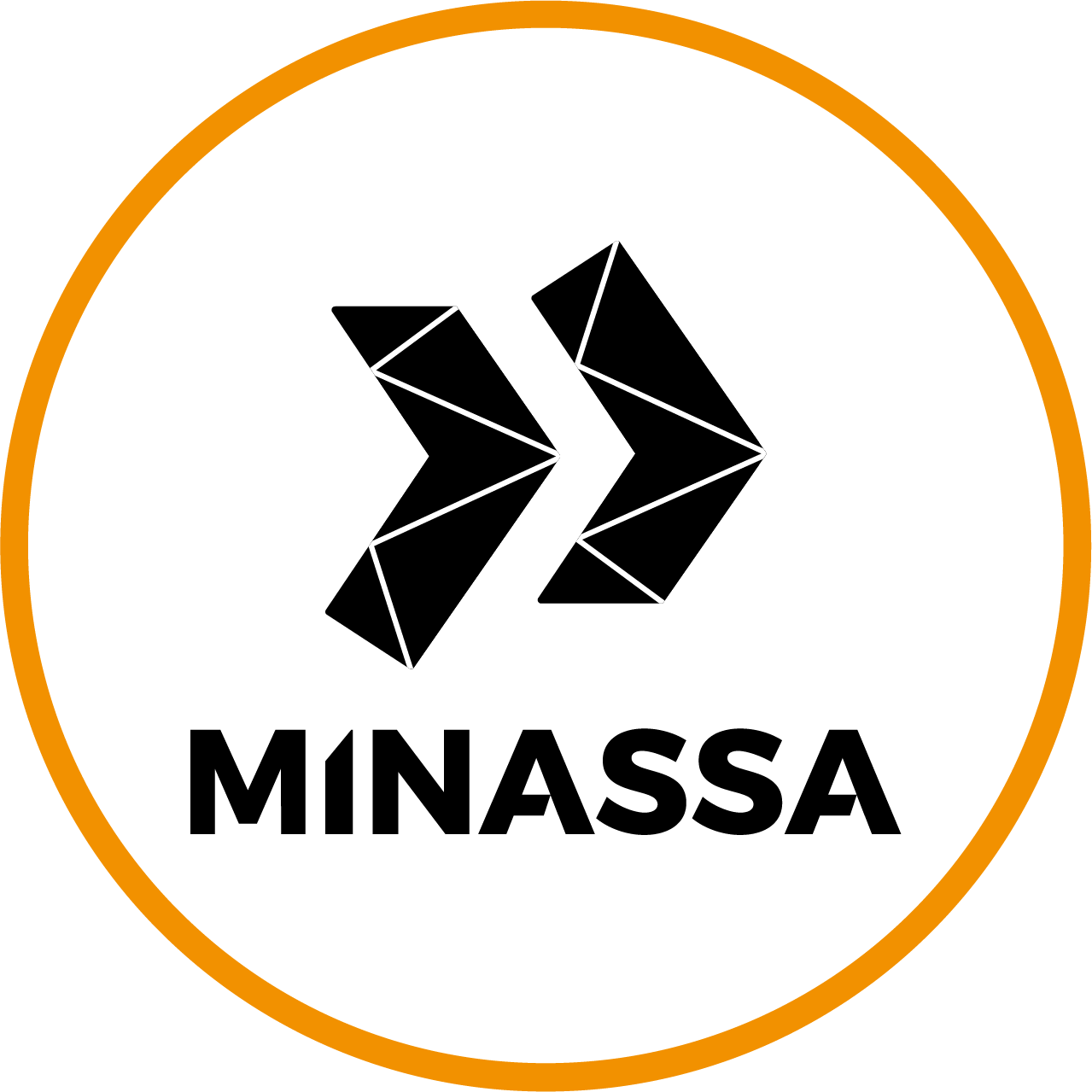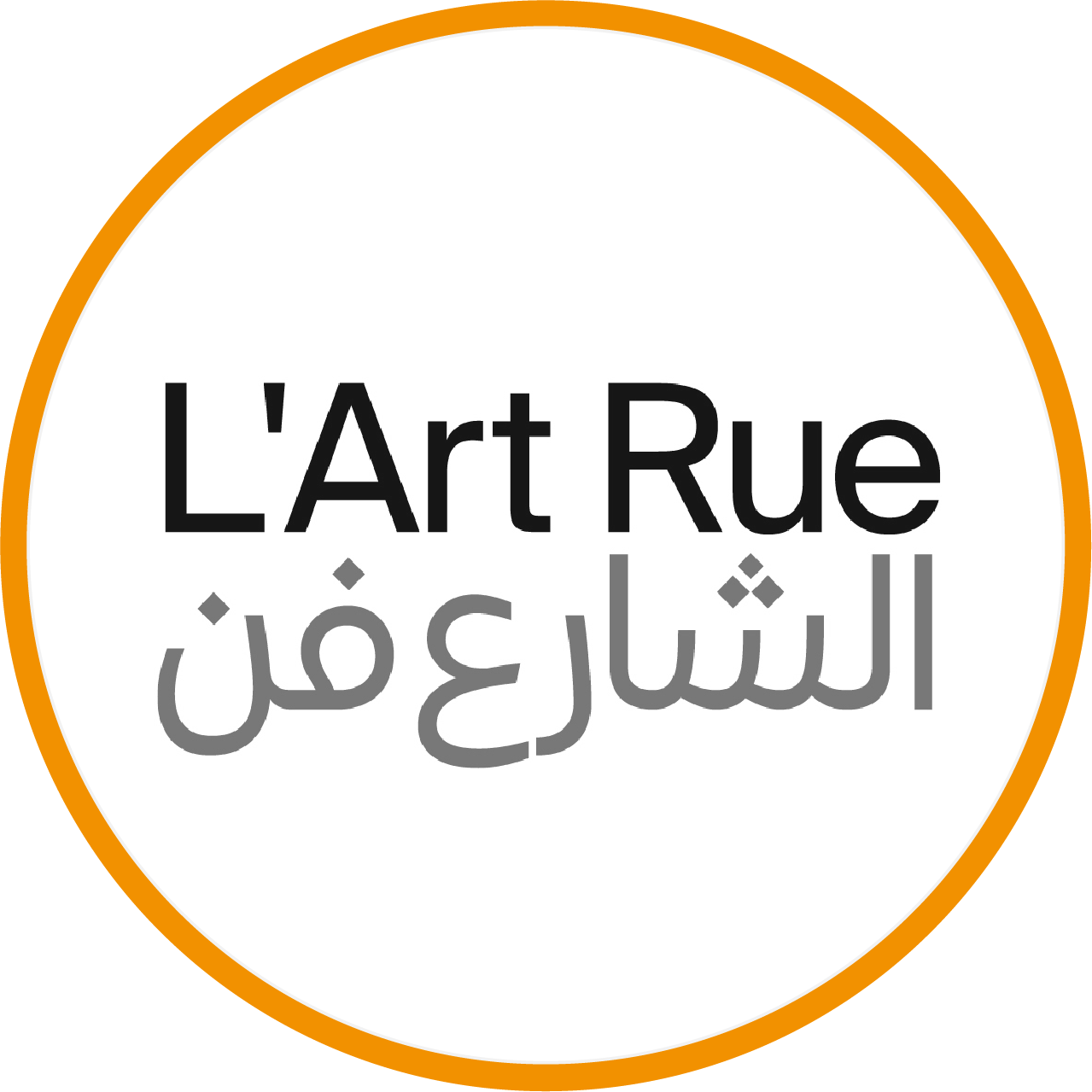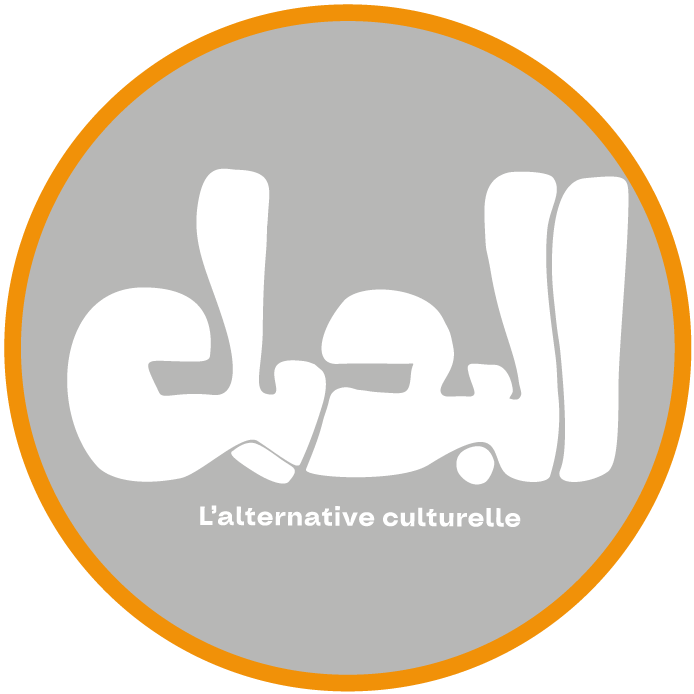Professional training and the cultural sector : points for reflection
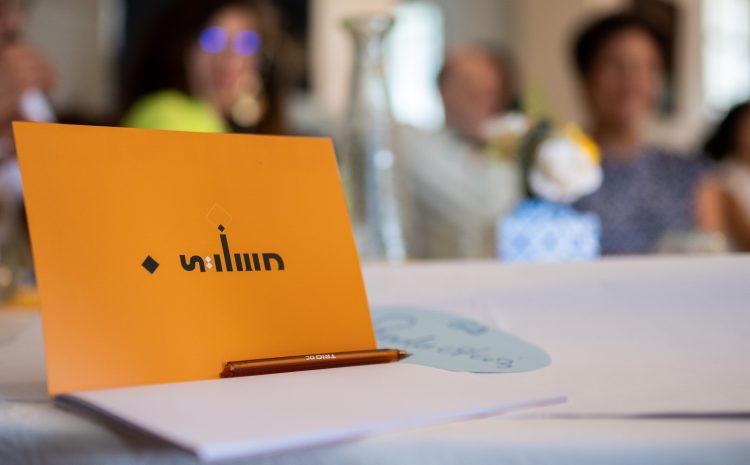
Since its launch in March 2024, the Massari programme has welcomed over 450 beneficiaries to more than thirty training courses and masterclasses, with the main aim of consolidating the professional careers of cultural operators in Tunisia.
Over the last ten years or so, Tunisia has shown exceptional cultural dynamism, with new venues opening up across the country, an increasing number of meetings and conferences, a rise in film production, the creation of cultural events and festivals, and new players in civil society. Faced with this effervescence, the sector is tending to become more professional.
Thanks to the expertise of six Tunisian cultural structures – Al Badil, L’Art Rue, Echos cinématographiques, Minassa, Safahat, and the Syndicat des librairies, distributors, importurs et exporturs du livre (SLDIEL) – highly flexible, short cultural training modules on a wide range of subjects help to accelerate the careers of professionals along three axes: artistic (content), administrative (professions surrounding the production of artistic content) and finally technical. The success of these training sessions demonstrates the demand from professionals in the sector for training and networking opportunities.
In order to share experiences and reflections on the program and the issue of professional training, over 80 prominent figures from the cultural sector gathered on September 13, 2024, for a time of meetings and discussions.
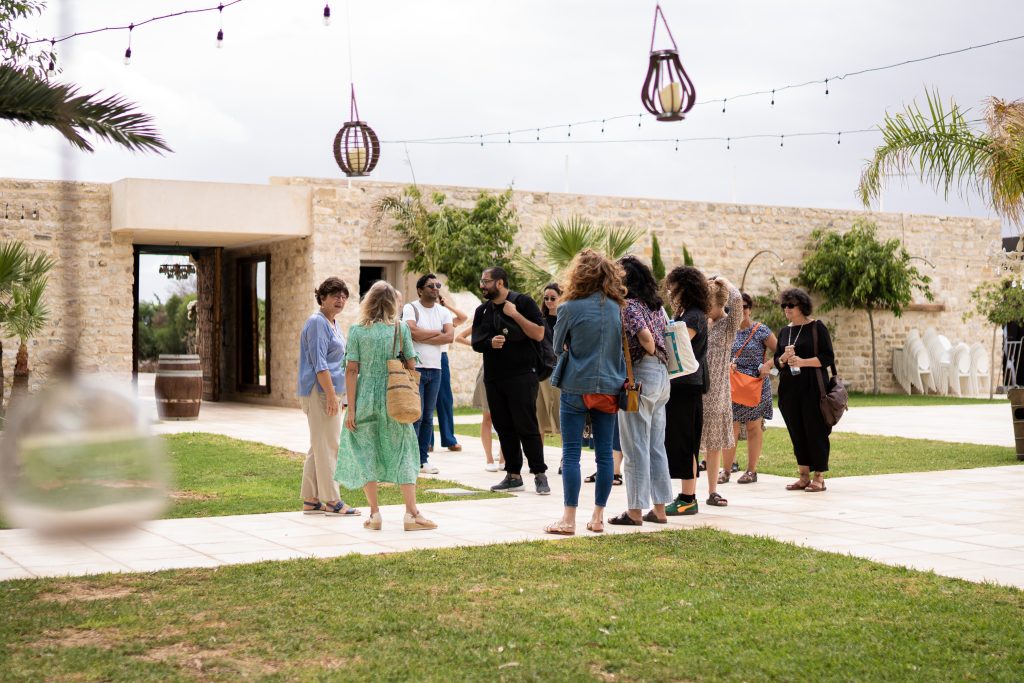
The aim of this meeting is to reflect on the development of medium- and long-term training courses in the region, taking account of its specific characteristics, and to bring together cultural players on the themes addressed during the Massari programme.
Three workshops were organised for discussion and reflection, leading to conclusions and recommendations.
The first workshop dealt with funding and cooperation. In order to set up training courses and develop the skills of players in the cultural sector, it is essential to consider collectively the role of cooperation and funding requirements: what is the role of the State? How should it be funded? What role should international cooperation play? Does it have to be a cooperation between institutions/financial support/capacity building? Who has already received funding for training courses?Assets? Limitations?
The discussions highlighted the need to mobilise private players in the funding of cultural training, the involvement of the State through various ministries and the involvement of local structures, and the need to make the administration more flexible in setting up projects. As for international cooperation, it is important to rethink this notion in a more egalitarian and collaborative mode, particularly in the co-financing and sharing of skills. A better sharing of responsibilities and mutual expectations is essential to optimise this relationship.
Finally, with regard to funding itself, participants insisted on the importance of networking and diversifying funding in order to reduce dependency and guarantee greater flexibility and resilience for projects.
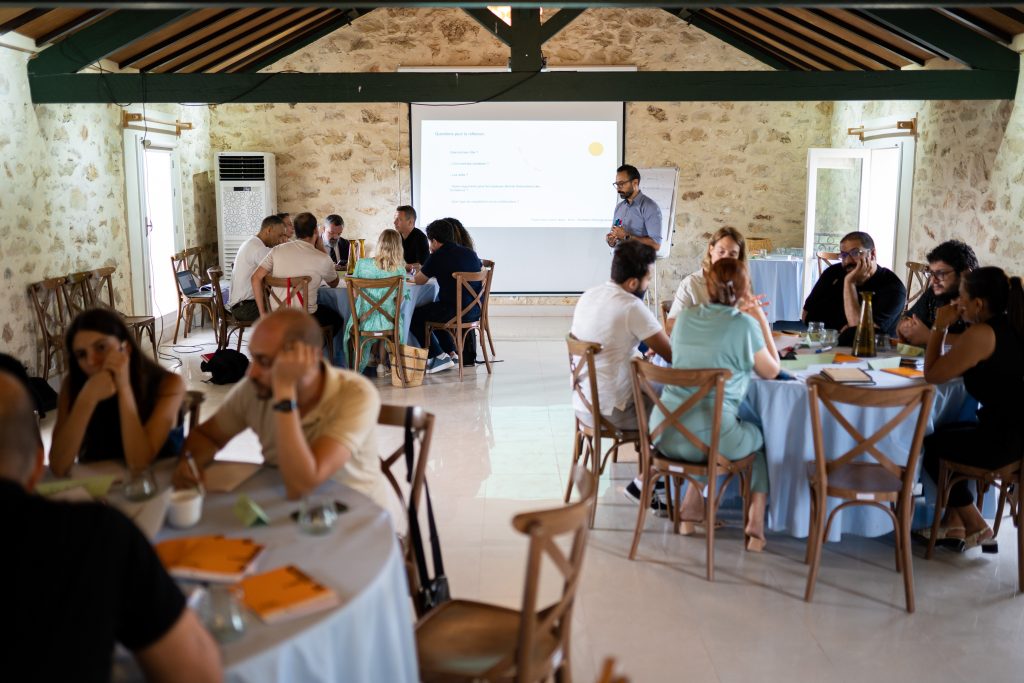
The second workshop dealt with the basis of culture, which is creation. In fact, artists have to work in three areas: creation, production and distribution. The idea of the workshop was to understand the challenges of training in these three areas. What training exists in the region? What are the strengths? What are the gaps? In terms of creation, how do we manage to create in relation to the problems of a given region? Is there anything specific to Tunisia? What are the production needs? Who should the artist work with? Are there any production needs that are missing? How can they be met? Are distribution and mobility the two pillars of visibility? How can we respond to the economic development of an activity? Is international collaboration essential for distribution? What training needs do these issues raise?
Artists and creators need structure in the creative process. This phase requires better access to tools. Artists need to nourish their work, to master the tools for better inspiration, better structuring of the creation and ideation phase of the work, the creation, the artistic project.
To do this, they need to be trained in artistic advocacy and be familiar with the rights associated with creation (distribution, reproduction, etc.).
There is a huge need for production. There is a lack of training and the artist has to do everything. On-line training tools could be very useful. Connections with the prestigious universities for sharing and exchange, as well as academic/professional partnerships, are essential to professionalise this part of artistic creation.
Lastly, it is necessary to understand the entire chain: from artistic production to distribution to audiences, including the players involved in the process and the media (curator, agent, publisher, gallery owner, distributor, broadcaster, communicator, turner, curator, etc.). By establishing more collaboration, partnerships and options that involve other players, such as national education, youth centers, civil society and public institutions, artists will feel less isolated and more open to their environment.
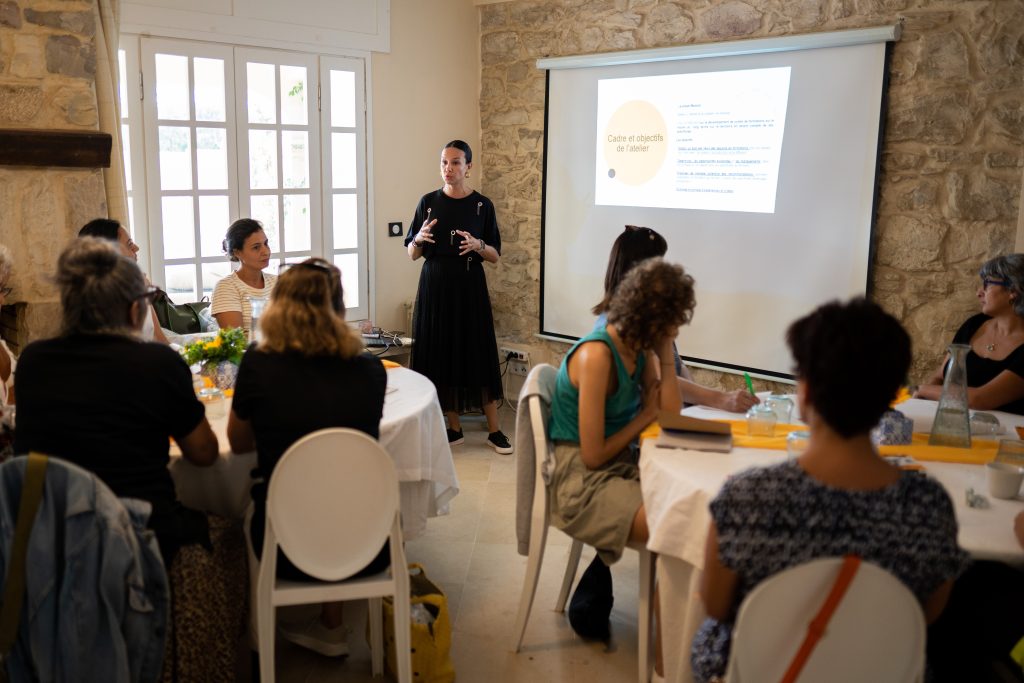
The last workshop was on cultural project management. There have been a number of training sessions on cultural project management in Tunisia over the last few years. But isn’t there also a lack of training for trainers? What is a cultural project? Who can build a project? What training is needed to move from ideation to management? How do you reach out to audiences, how do you make the link between culture and the public? How can we differentiate between communication and mediation? How do you manage the sustainability of a project (programme/event)?
Initially, the participants defined the skills of a project leader: commitment, involvement, a passion for continuous learning, a creative and innovative spirit, a sense of leadership: open-mindedness, the ability to delegate and to work as part of a team. In this field, there are training sessions in the Greater Tunis area which would benefit from being decentralised, but also from being more targeted and accompanied by genuine mentoring. Indeed, given the heterogeneity of the region, training that takes account of different contexts is more relevant.
Discussions also focused on communication and cultural mediation, differentiating between the two terms in order to better define training needs:
• Communication is the development and marketing of a project and its image. It gives the project visibility to an external audience through a series of one-off actions.
• Mediation is centered on human relations, using an approach that is co-constructed with the public, an approach rooted in the relationship with the general public, generating connections, synergies and networks. The aim is to raise awareness among the public and get them to embrace the values of the project.
There is a need to develop training to establish a meaningful connection between culture and the public, and therefore to create specific training sessions on mediation and the cultural sector.
Finally, there was the question of the sustainability of a cultural project. A long-term project has the advantage of being able to pass on its impact, durability and adaptability. It can evolve, assert itself, be consolidated and built upon. A one-off event, on the other hand, has the advantage of encouraging experimentation, producing visibility and generating resources. To achieve this, it is necessary to train project leaders in the overall knowledge of the cultural sector, to create networks, to exchange expertise and best practice, and to help each other within the ecosystem.
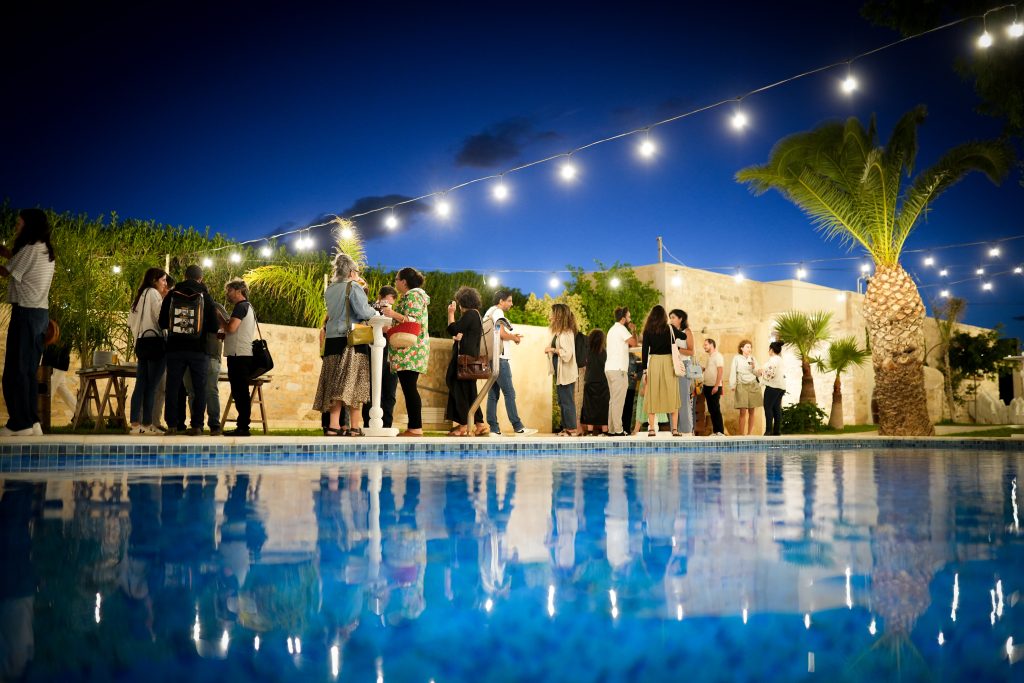
These intense and rich discussions led to a number of recommendations. Here are the main ones made at the end of the day :
• Adapting training to the changing skills of the arts and culture market.
• Understand the chain from creator to broadcaster, whatever the field.
• Create cross-sector links.
• Diversify the formats of online training, face-to-face, conferences, visits, workshops, mentoring, coaching, etc. to adapt to different learning styles.
• Encouraging cultural entrepreneurship: training players in the cultural sector in entrepreneurship, providing them with skills in financial management, marketing and business development.
• Explore crowdfunding models.
• Encourage the emergence of cultural incubators and the establishment of incubation spaces that offer areas for experimentation and innovation while involving the public.
• Encouraging exchanges between cultural mediators and capitalising on their experiences to promote learning and the transfer of good practice.
• Training in the creation of distribution channels and distribution on social networks, and in the development of discourse tailored to the specific characteristics of the work and the region.
• Training on legislation and rights relating to the status of the artist and the dissemination of artistic production.
• Training for careers in distribution and specialisations: artist agent, tour manager, publisher, distributor, curator, etc.
• Train trainers and mentors capable of passing on knowledge and transferring skills to a wider audience, particularly in the regions.
• Training in the conservation, archiving and documentation of artistic careers and works.
• To train and support emerging and established artists in the tools of expression and creation, in formulating and developing their ideas and projects, and in cultural and artistic advocacy.
• Training educators from the national education system, youth centers and cultural centers.
• Train audiences (adults, young people and children), make them aware of how to use the arts and involve them in the distribution chain.
• Set up training courses across several countries.
• Set up networking platforms enabling cultural players to share resources, experiences and good practices.
• Setting up artistic residencies and creating creative spaces.
• Advocacy for the sustainability of cultural projects.
• Offer specific training sessions that take into account the regional and cultural characteristics of the target group.
• Raising awareness of the importance of community involvement by including local members in the design and implementation of cultural projects.
• Raise awareness of the importance of integrating communication and cultural mediation into project design.
• Enhancing the skills of cultural players.
